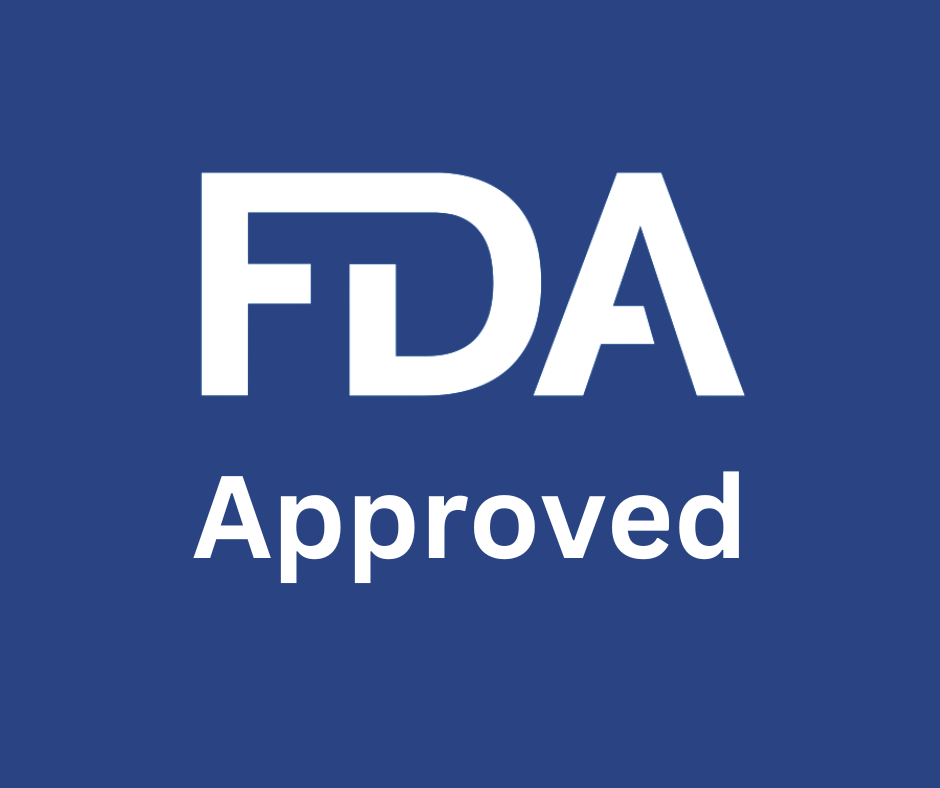On April 19, 2023, the U.S. Food and Drug Administration (FDA) approved Polatuzumab Vedotin-Piiq in combination with a rituximab product, cyclophosphamide, doxorubicin, and prednisone (R-CHP) for adult patients with previously untreated diffuse large B-cell lymphoma (DLBCL), not otherwise specified (NOS), or high-grade B-cell lymphoma (HGBL), and who have an International Prognostic Index (IPI) score of 2 or greater.
Study ID number: NCT03274492
Approval was based on the results of the POLARIX trial, a randomized, double-blind, placebo-controlled study involving 879 patients with previously untreated large B-cell lymphoma and an IPI score of 2-5. In the clinical trial, patients were randomly assigned to receive either polatuzumab vedotin combined with R-CHP or R-CHOP (rituximab, cyclophosphamide, doxorubicin, vincristine, and prednisone) for a total of six cycles every 21 days, followed by two cycles of rituximab alone in both groups. The recommended dosage of polatuzumab vedotin was 1.8 mg/kg administered via intravenous infusion every 21 days for six cycles in combination with R-CHP. Before treatment, patients should receive premedication with antihistamines and antipyretics and prophylactic granulocyte colony-stimulating factor.
The study endpoint was progression-free survival (PFS). Analysis revealed that patients who received pola + R-CHP had a statistically significantly longer PFS compared to those who received R-CHOP, (hazard ratio, HR 0.73, 95% CI: 0.57, 0.95; p = 0.0177). Additionally, the pola + R-CHP group had a statistically significant improvement in modified event-free survival (HR 0.75, 95% CI: 0.58, 0.96; p=0.0244). However, there was no significant difference in the rate of complete response or overall survival (HR 0.94; 95% CI: 0.67, 1.33 upon final analysis) between the two groups.
The commonly reported side effects of pola + R-CHP (≥20%) were peripheral neuropathy, nausea, fatigue, diarrhea, constipation, alopecia, and mucositis, while grade 3 to 4 laboratory abnormalities (≥10%) included lymphopenia, neutropenia, hyperuricemia, and anemia. More than half (53%) of the patients developed or had worsened peripheral neuropathy, which resolved in 58% after a median of 4 months. Serious adverse reactions were observed in 34% of patients, including febrile neutropenia and pneumonia.
In conclusion, the FDA has approved Polatuzumab Vedotin-Piiq for the treatment of previously untreated DLBCL, NOS; or HGBL in adult patients with an IPI score of 2 or greater, based on the results of the POLARIX trial. The recommended dose is 1.8 mg/kg as an intravenous infusion every 21 days for six cycles in combination with R-CHP. Patients should be premedicated with an antihistamine and antipyretic and receive prophylactic granulocyte colony-stimulating factor.




